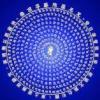Sign in to follow this
Followers
0

Ancestor Lu Meets Master Huanglong Huinan
By
Simple_Jack, in Buddhist Discussion

By
Simple_Jack, in Buddhist Discussion